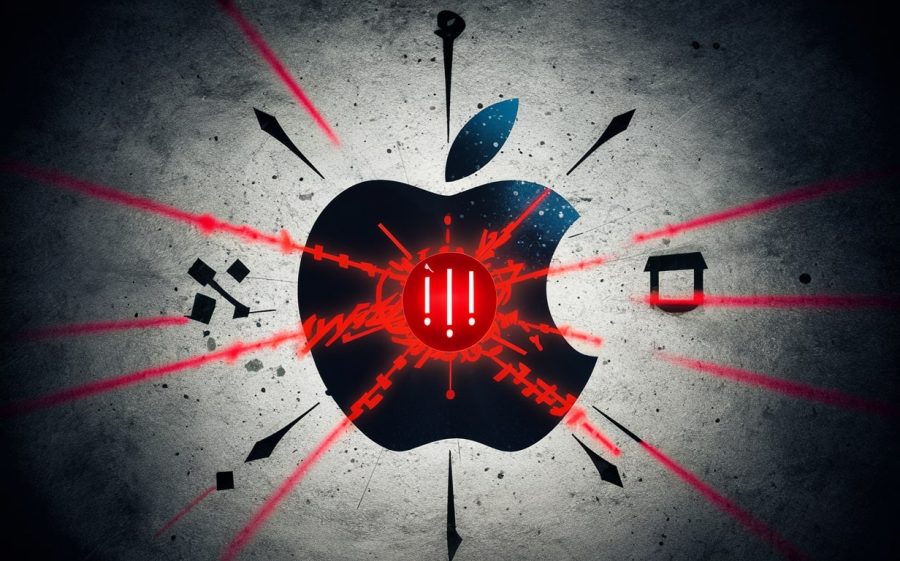Apple has sent out threat notifications to users worldwide amid fears that highly sophisticated mercenary spyware attacks may have targeted its high-profile customers.
On Wednesday (Apr 10.), Apple released a support document explaining the warning and insisting these threat notifications are designed to “inform and assist” users who have potentially been targeted due to their profiles as journalists, activists, politicians, or diplomats. The company stated that such attacks are “vastly more complex” than typical cybercriminal activity or consumer malware.
Mercenary spyware, such as the notorious Pegasus tool developed by the Israeli firm NSO Group, is known to be extremely costly and difficult to detect, and the iPhone maker said attackers deploy “exceptional resources to target a very small number of specific individuals and their devices.” Apple emphasized that the “vast majority” of users will never be targeted by these kinds of attacks.
Although it is believed users in over 90 different countries received this alert, reported TechCrunch.
Who is behind the Apple spyware attack?
Since 2021, the multi-trillion dollar company has issued warnings like this one multiple times per year to users in over 150 countries in total. The company would not attribute the attacks to any specific groups or regions, citing the “extreme cost, sophistication and worldwide nature” of mercenary spyware as making them among “the most advanced digital threats in existence today.”
Apple urged those who have received a threat notification to seek expert assistance, such as the Digital Security Helpline provided by the non-profit Access Now. The tech giant also advised all users to keep their devices updated with the latest software, use strong passwords and two-factor authentication, and be cautious of links and attachments from unknown sources.
Cybersecurity experts have long warned about the growing threat of mercenary spyware, as state actors and powerful, shadowy entities can use it to target important people.
Featured Image: Ideogram

















